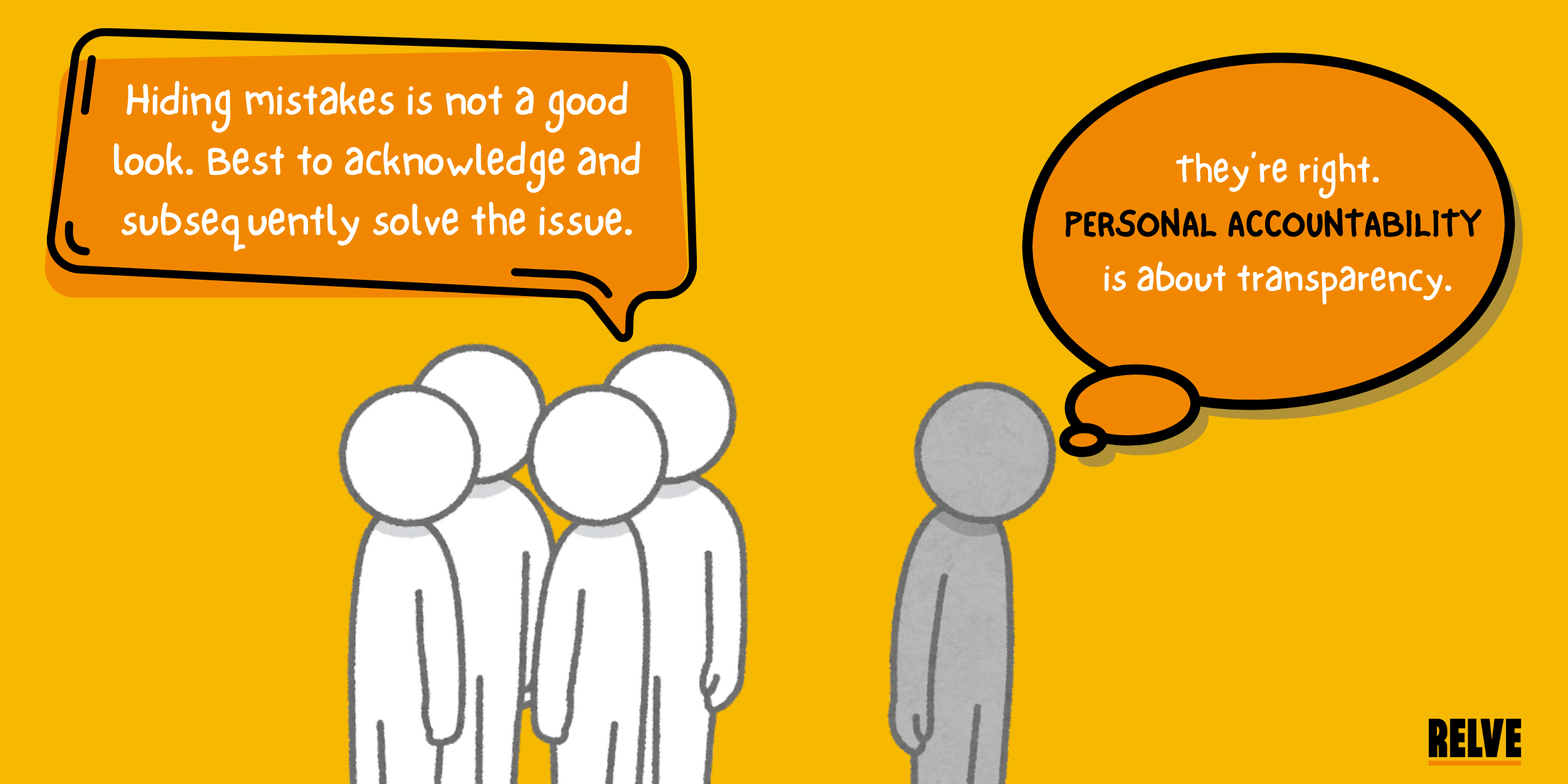Ever felt stuck in a job where workplace frustrations seem endless? The key to transforming your work experience isn’t always external – it often starts with personal accountability.
Most of us are unaware of this. But taking responsibility for our actions, decisions, and results can unlock a sense of ownership and control that directly impacts job satisfaction and career success.
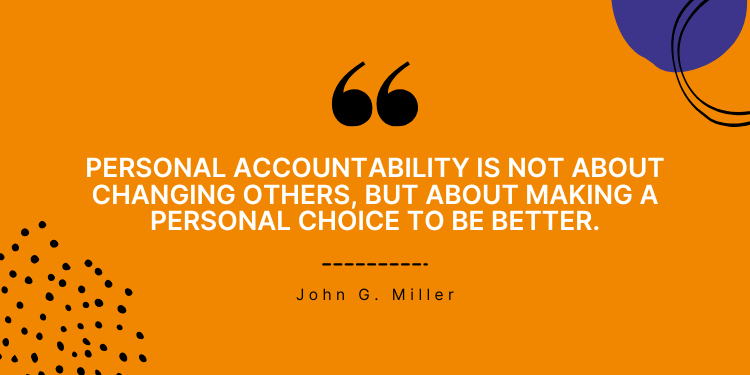
What is personal accountability, why it matters, and how you can harness it to create a fulfilling workplace experience.
Let’s find out.
What Is Personal Accountability?
At its core, personal accountability is about taking responsibility for our actions, behaviors, and the consequences they produce.
It means acknowledging mistakes, learning from them, and taking proactive steps to improve.
Unlike blame-shifting or making excuses, true self-accountability fosters growth and resilience.
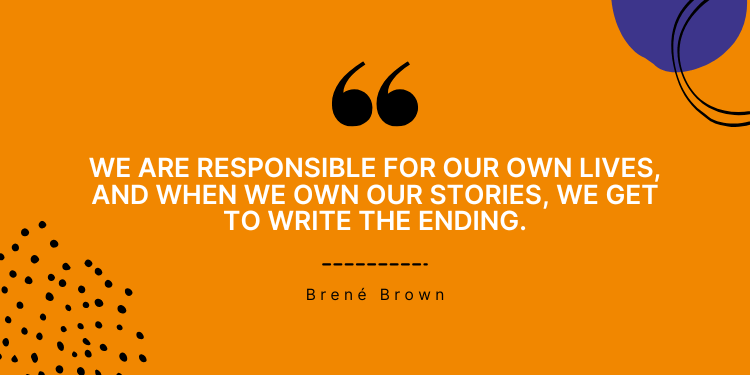
This mindset shift transforms challenges into opportunities, promoting both personal and workplace success.
Why Is Personal Accountability Important in the Workplace?
A workplace thrives when employees embrace accountability in the workplace. But what does this mean in practical terms? It means:
- Meeting deadlines without excuses.
- Taking ownership of mistakes and fixing them.
- Holding ourselves and our peers to high standards.
- Being reliable and consistent in performance.
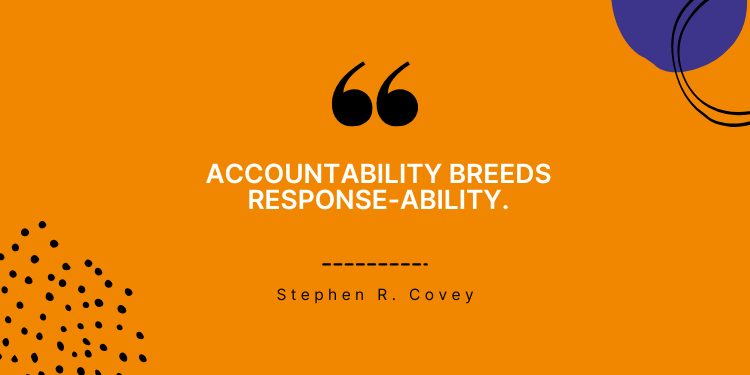
When teams adopt this mindset, trust strengthens, productivity increases, and workplace morale improves.
What Does Personal Accountability Look Like in Leadership?
Leaders who demonstrate what does accountability look like set the tone for workplace culture. Employees look up to them for guidance, and their actions establish standards for the team. Why is accountability important in leadership? Because it:
- Encourages transparency and trust.
- Creates a culture of continuous improvement.
- Enhances team performance and collaboration.
- Prevents toxic blame culture and promotes solutions-focused thinking.
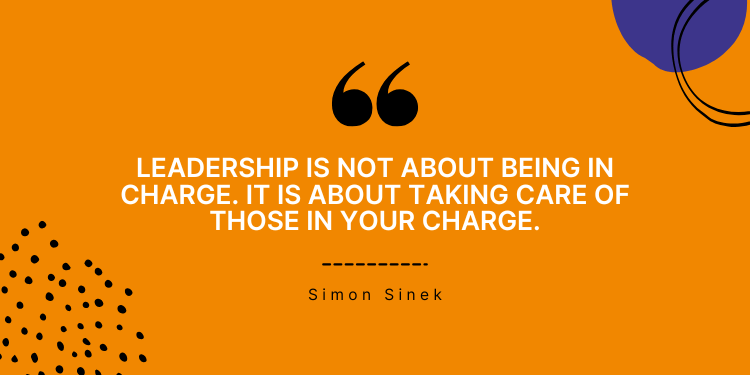
This means being responsible for both successes and failures while inspiring others to do the same.
How to Take Personal Accountability: Steps for Success
How to take accountability in daily work requires intentional actions. Here’s a step-by-step guide:
1. Acknowledge Mistakes Without Excuses
Excuses weaken credibility. Owning up to errors shows integrity and maturity.
2. Follow Through on Commitments
Reliability builds trust. Completing tasks on time proves accountability.
3. Seek Feedback and Act on It
Constructive criticism helps refine skills and improve performance.
4. Hold Yourself and Others Accountable
Encourage a culture where accountability is a shared value, not just an individual trait.
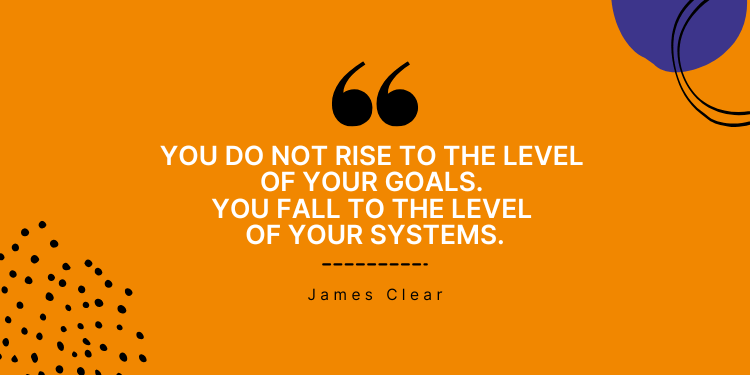
Implementing these systems ensures that self-accountability becomes second nature.
How to Improve Accountability in the Workplace
Creating a culture of accountability requires effort from both leaders and employees. Here’s how to improve accountability in the workplace:
1. Set Clear Expectations
Define roles, responsibilities, and performance metrics so everyone understands what’s expected.
2. Encourage Open Communication
When employees feel heard, they are more likely to take ownership of their work.
3. Implement Accountability Tools
Utilize accountability tools for the workplace, such as project management software like Asana or Trello, to track progress and ensure transparency.
4. Recognize and Reward Accountability
Positive reinforcement motivates employees to maintain responsible behaviors.
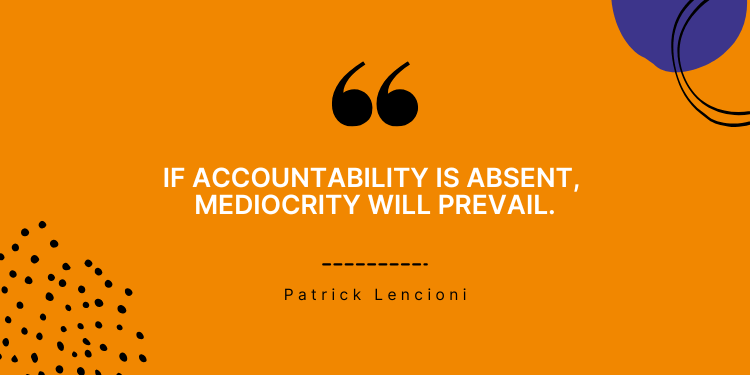
Prioritizing accountability drives performance and workplace satisfaction.
The Benefits of Accountability in the Workplace
Adopting accountability skills creates a ripple effect of positive outcomes. Here are some key benefits of accountability in the workplace:
- Increased Productivity – Employees complete tasks efficiently without micromanagement.
- Stronger Teamwork – Open discussions about challenges and progress foster collaboration.
- Higher Job Satisfaction – A culture of ownership leads to workplace happiness.
- Reduced Workplace Conflicts – Clear expectations minimize misunderstandings and blame games.
- Better Career Growth – Employees who demonstrate accountability are seen as reliable and promotable.
How Do You Demonstrate Accountability?
Now that we understand why accountability is important, how can we demonstrate the same in real-world situations?
- Taking Initiative – Don’t wait to be told; step up when action is needed.
- Accepting Consequences – Handle setbacks with grace and responsibility.
- Delivering Consistently – Stay true to commitments and deadlines.
- Being Honest and Transparent – Admit mistakes openly and work on improvements.
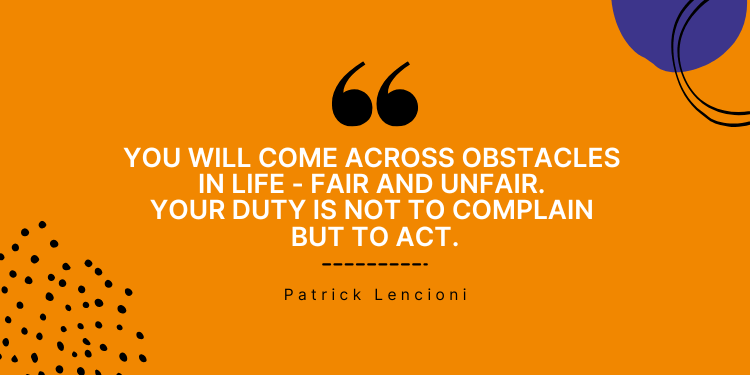
Self-accountability is about action, not excuses.
The Link Between Personal Accountability and Workplace Happiness
Personal accountability is more than a buzzword—it’s a powerful force for workplace fulfillment. When individuals take responsibility for their roles, they contribute to a positive environment, reduce stress, and build meaningful careers.
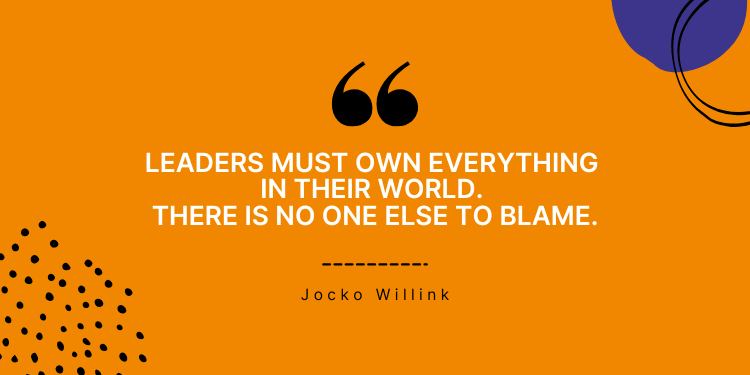
Whether you’re a leader or an employee, embracing accountability in the workplace leads to professional growth and lasting happiness.
Are you ready to take charge of your career? Start practicing personal accountability today!
Download this helpful personal accountability checklist to get things in order at the workplace:
